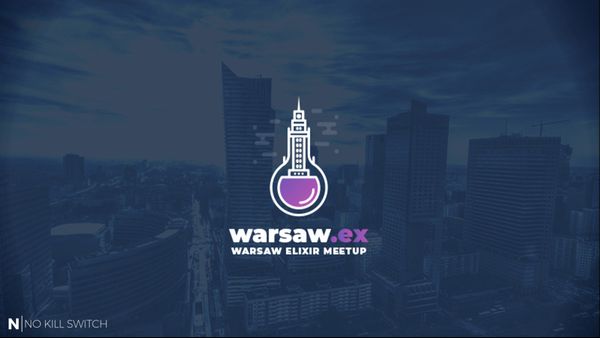Pandemic has sped up some phenomena, changing the world forever. One of them is the global equalization of the digital society. Your location and nearest vicinity do not play such an essential role in your life anymore - more and more interactions have moved nearly exclusively into the digital space. Now we all have (theoretically) the same access to (shared globally) information, platforms, services, distribution channels.
If what you want is entertainment, you're not restricted to what's going on in your city. If you desire knowledge, you can reach out to the most renowned international experts (instead of local scholars). If you want to contribute to something, the world is full of opportunities, just one click away - without a need for physical travel.
That multitude of possibilities that have rapidly opened is so incredible that it's easy to lose yourself in it. But there are side effects, and the more I think about them, the more they freak me out:
- in such large crowds, we remain practically anonymous - even when tagged with our real names (you don't care about what this particular person will think about you if you know you won't meet her/him again, or at least none of you both will remember that)
- local societies (media, groups, anything) are in complete atrophy, because they've lost their value/meaningness
- if there's one huge market instead of myriads of small markets (interconnected in a limited way), the success distribution is much more unequal (the potential scale of success is MUCH higher, but the probability of succeeding is MUCH lower)
- the voice of the individual (in such large masses) is much less important, it's the collective "wisdom of crowds" that always wins (unless it's manipulated by the platform creators, which is another kind of story ...)
As a consequence of that all:
- we think much less about the consequences of our online actions; we've lost our habitual inhibitions (in social interactions)
- in many fields, it's much harder to grow beyond some level (and succeed) - local communities were good playgrounds, and gradual ascent (from local to global outreach) associated with a certain status preserved (or even fed) our motivation; figuratively speaking: you don't start your journey in a safe pond, you're straight into the vast ocean, where all the sharks prey
- there are no ground rules; there's only freedom in its worst, the most libertine form
- our networking is much more shallow (follow/followed) - it's harder to build truly meaningful bonds
We have all been leveled. And it sucks big time.
I truly hope for local (location-bound) communities' revival. As playgrounds for everyone's development, as a way to keep our social identity (instead of becoming anonymous), as a vehicle to boost our self-esteem and bolster intrinsic motivations. With physical proximity as a bonding factor.
That may sound controversial, but frankly - I don't care.
We need to be less open and appreciate our local communities: neighborhoods, cities, regions, countries - but also groups, associations, congregations. We need to redefine the stakes in those (values that make them worth our time and attention) - there has to be some shared interest for all the community members: a substantial skin in the game (you put something in -> you get something out).
We need to be more proud, more elitist. And find new ways to earn and express status. It will make us more competitive? Sure, isn't it wonderful?!
To be clear, I'm not saying it has to be done by ditching the Internet and gathering in cellars. Nope, that's not the idea. We need much more granular fragmentation of the platforms, oriented around local societies and groups with a shared interest. Platforms with gated/limited access, more explicit social contract (why we're here, what we expect from each other, ground rules), and a valid reason to be there.
Standing out a bit (+ some care factor) will do us all well.







